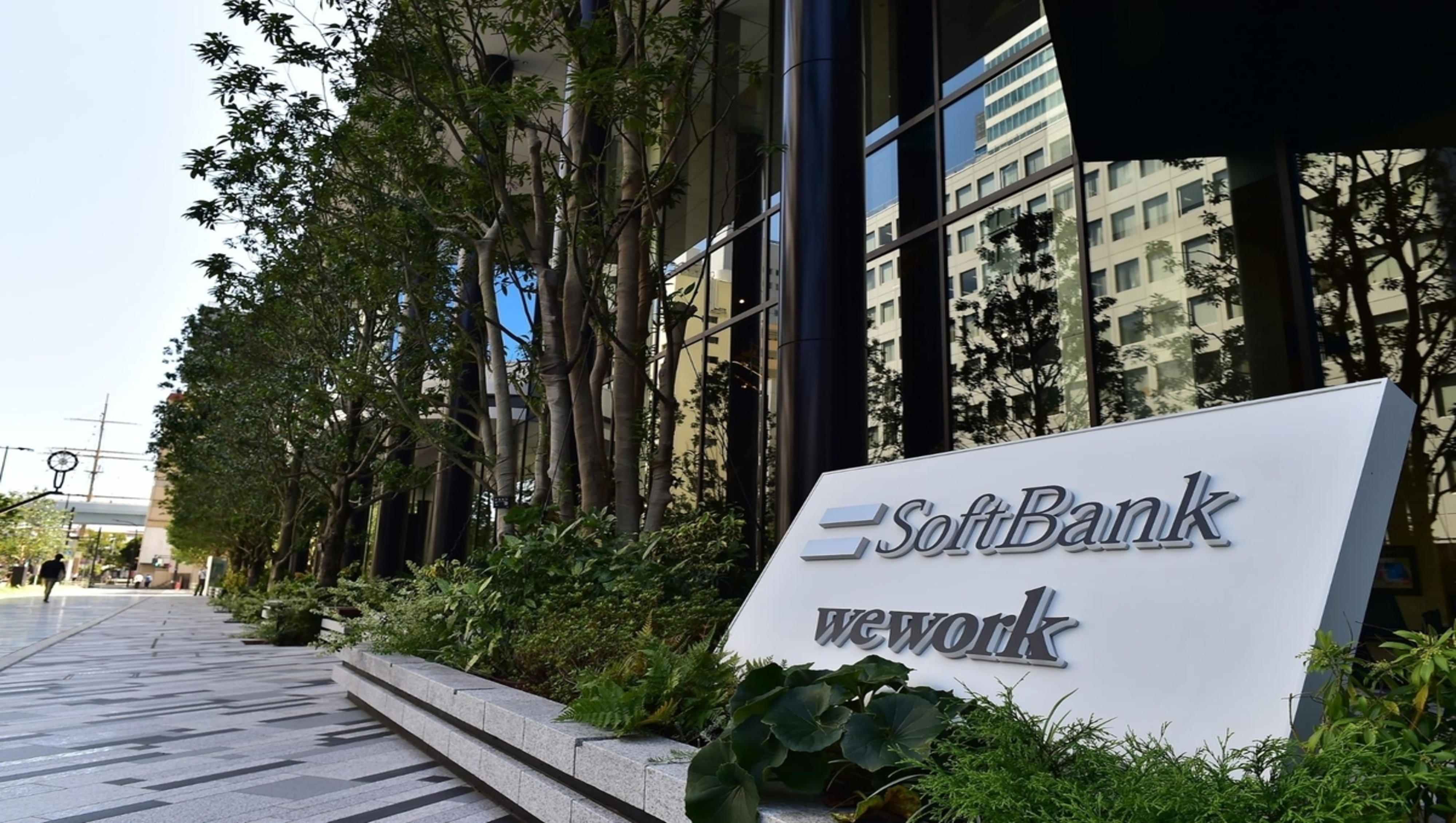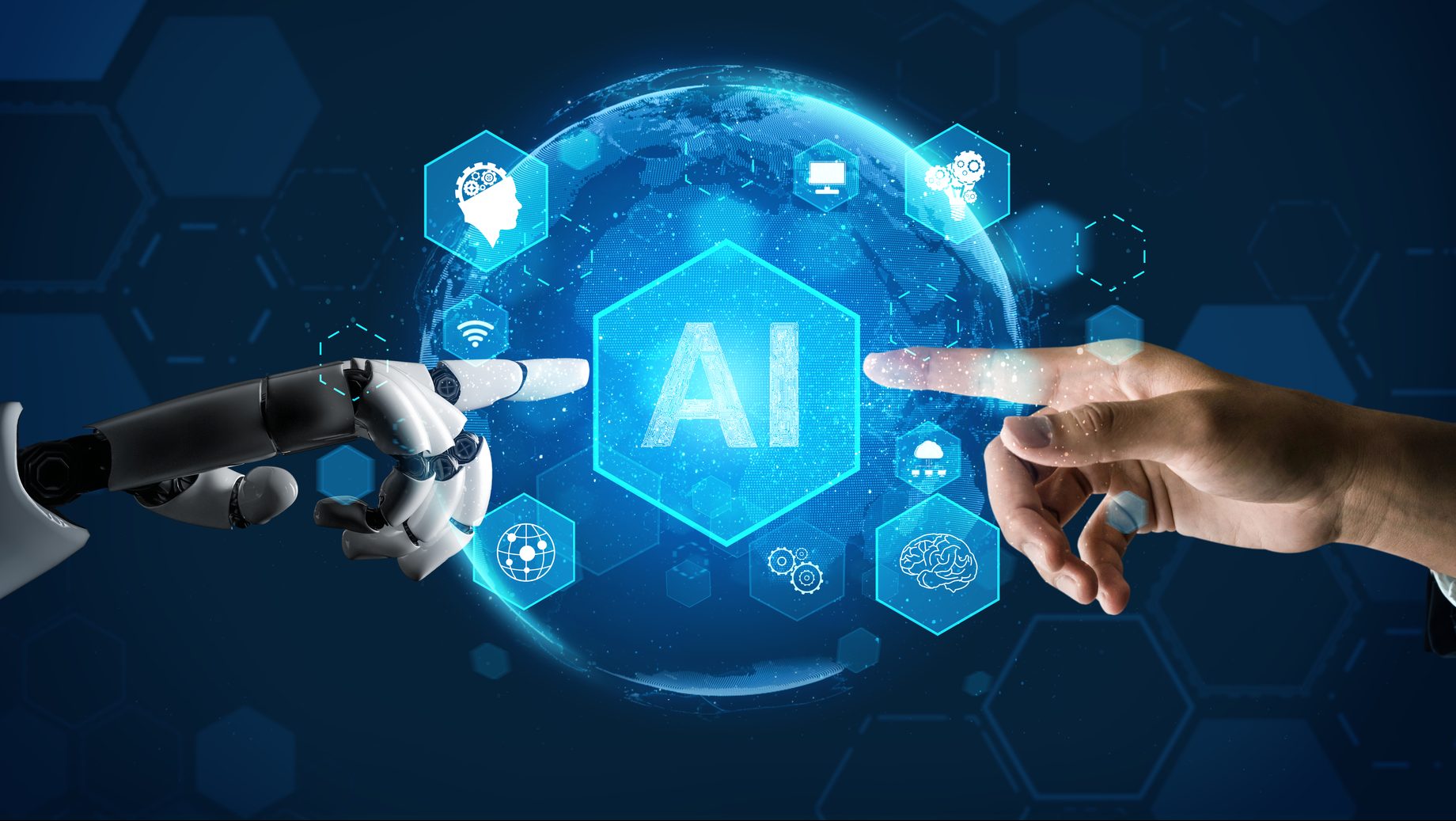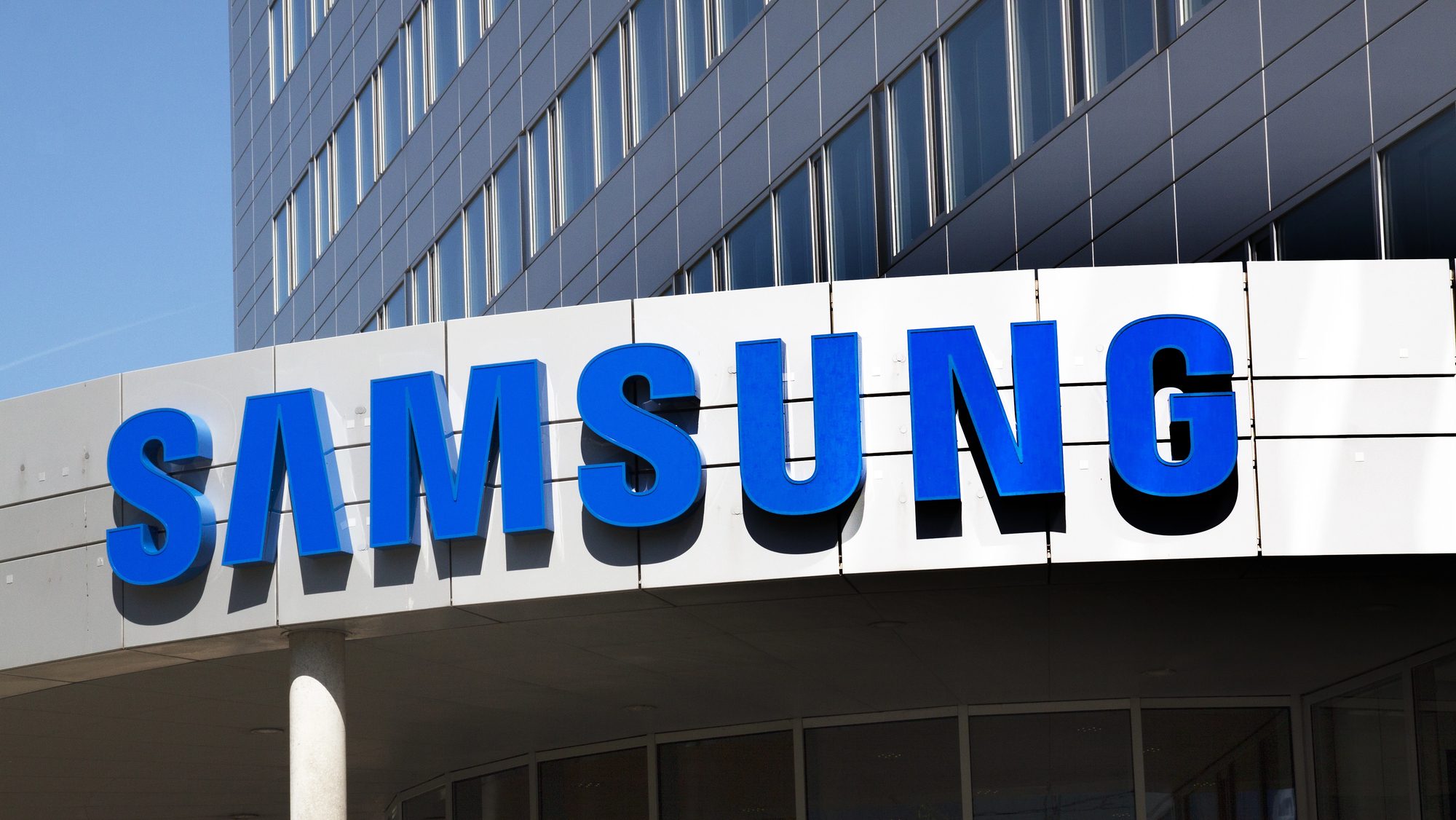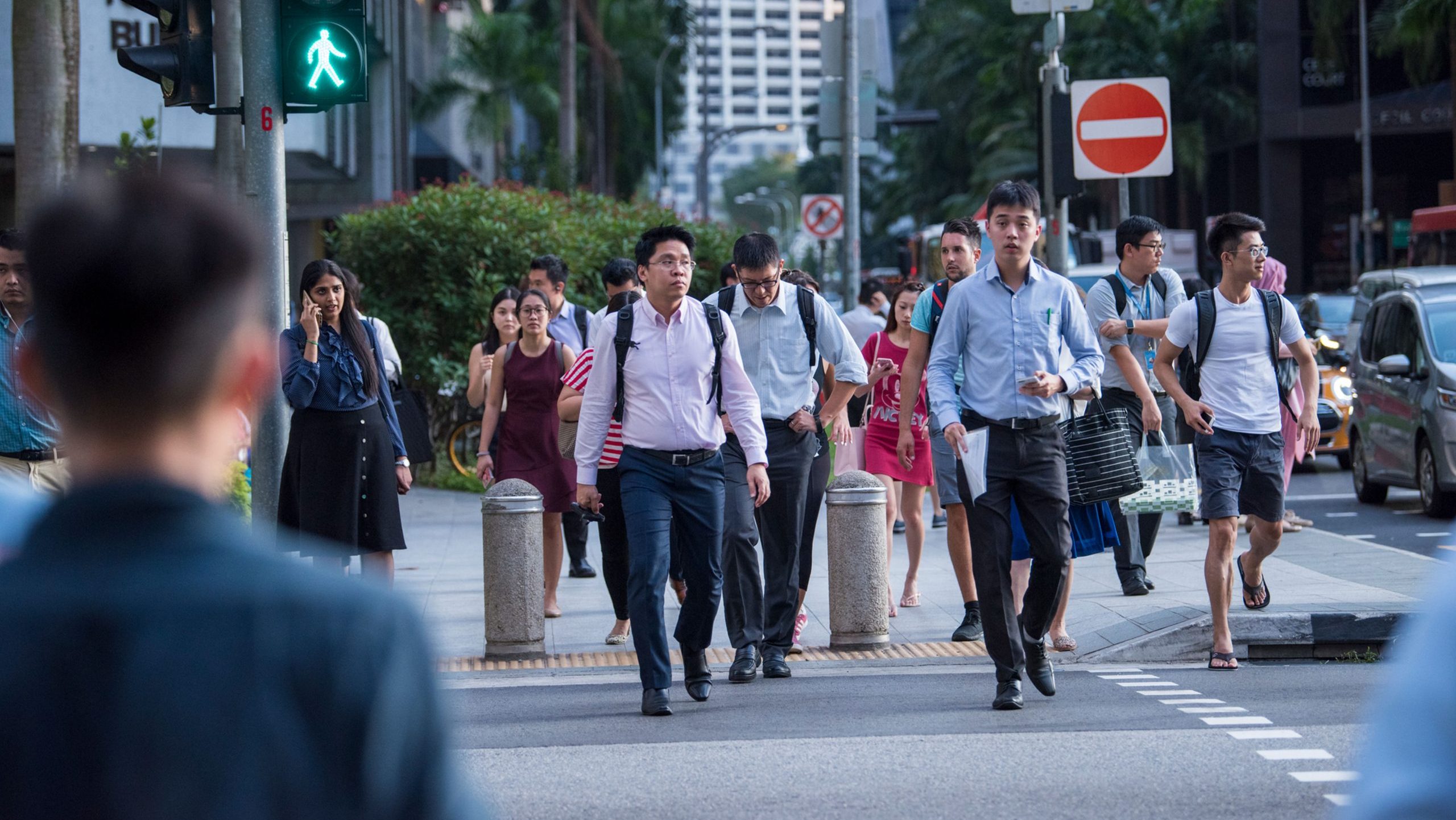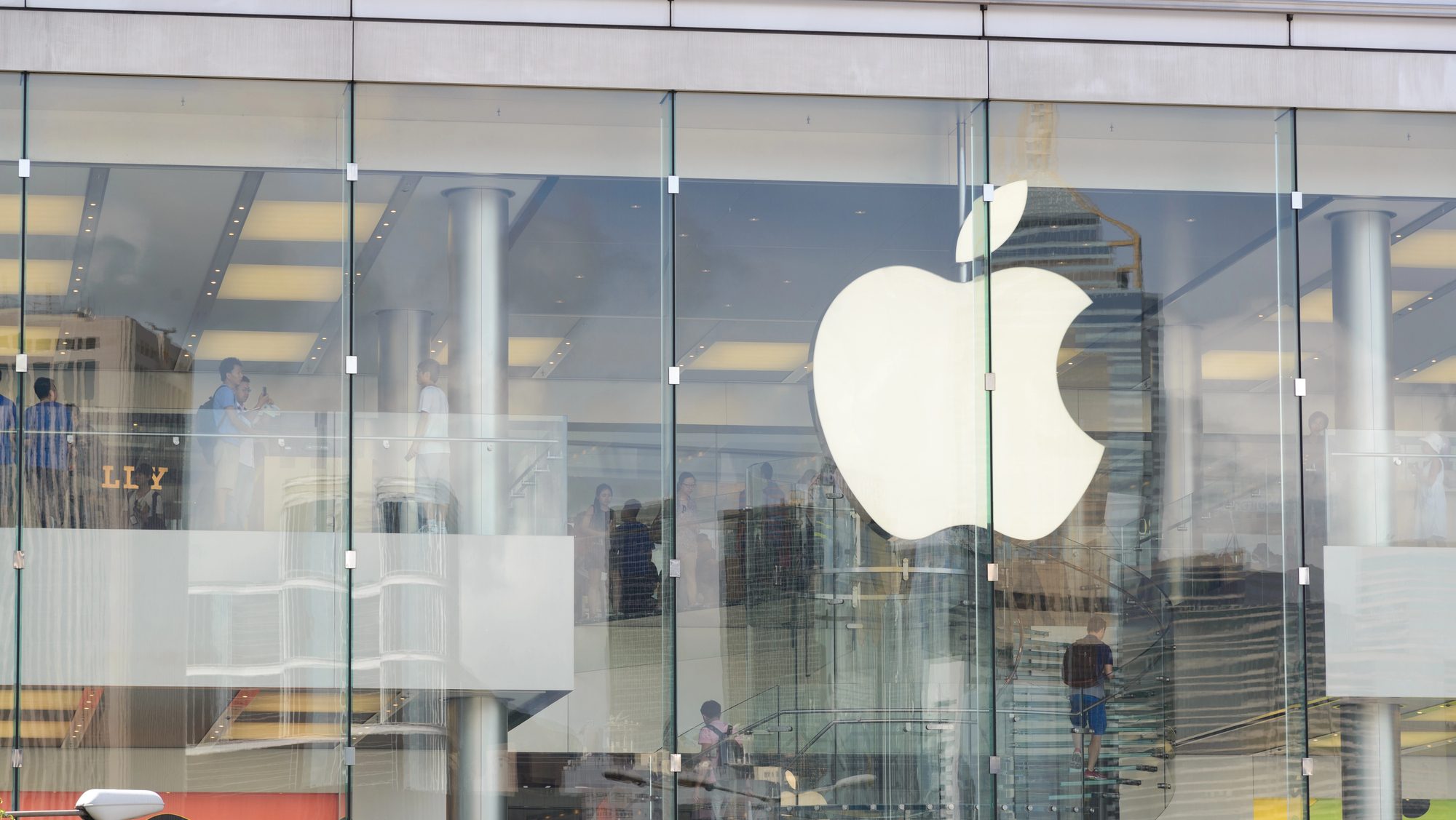SOUTHEAST ASIA: Escalating all over the world, especially in Southeast Asia, is the fear that artificial intelligence (AI) will negatively impact people’s livelihoods. There is a huge percentage of working individuals fearing for their jobs compared to those who are optimistic about technology adaptation and the benefits it might bring.
A recent Ipsos study featured in a People Matters Global article found that 65% of respondents in 31 countries and regions fear AI will result in work dismissals and outright job losses—up from 64% last year. This apprehension is predominantly noticeable in Southeast Asia, where AI-driven dislocation appears to be an imminent certainty.
A staggering 73% of Malaysian workers voiced unease about AI substituting jobs.
In Indonesia (85%) and the Philippines (81%), the fear is more profound as workers prepare for automation’s increasing impact. Even in Singapore, which is considered to be advanced, an astounding 67% of respondents are anxious that AI could result in extensive job losses.
These statistics accentuate the region’s mounting disquiet as AI acceptance and implementation accelerate and as AI tools streamline industries and redesign job structures.
While AI can potentially generate new jobs, confidence is in short supply. The Ipsos study disclosed that only 43% of those surveyed around the world believe AI will produce more work engagement, highlighting an unmistakable gap between prospects of job loss and job creation.
China is an exception, as 77% of respondents believe AI will mean more jobs, not job loss or displacement. This dissimilarity advocates that a country’s economic guidelines, workforce compliance, and AI-driven investments considerably form public awareness.
The World Economic Forum’s current Future of Jobs report exacerbates the anxiety, affirming that 41% of companies worldwide intend to cut their workforce by 2030 because of AI-driven mechanization. This reinforces the idea that industries will require fewer human workers as AI develops.
However, the same report underscores that 77% of establishments aim to reskill or upskill their personnel to work together with AI. This proposes that organizations recognize the necessity of balancing automation with human engagement.
To offset AI-related apprehensions, specialists highlight the value of adaptability. Workers should view AI as an instrument of efficiency rather than an unswerving rival.
“AI can appear sinister at first glance–an otherworldly force poised to replace human expertise, yet understanding and harnessing AI can open doors to innovation, efficiency, and personal growth. We might be surprised by how beneficial it can be to step closer,” said Jonathan Gabay, a senior lecturer at Oxford College of Marketing in the UK.
Refining capabilities, like ingenuity, critical thinking, and problem-solving abilities, where AI still struggles, can provide workers with resilience in an ever-shifting job market.


